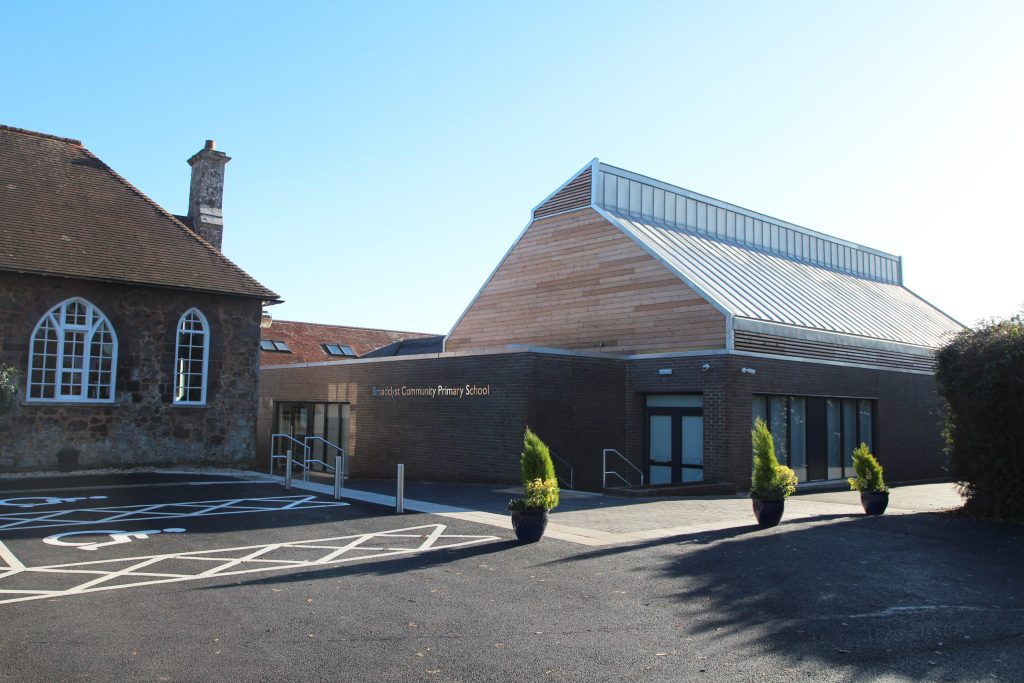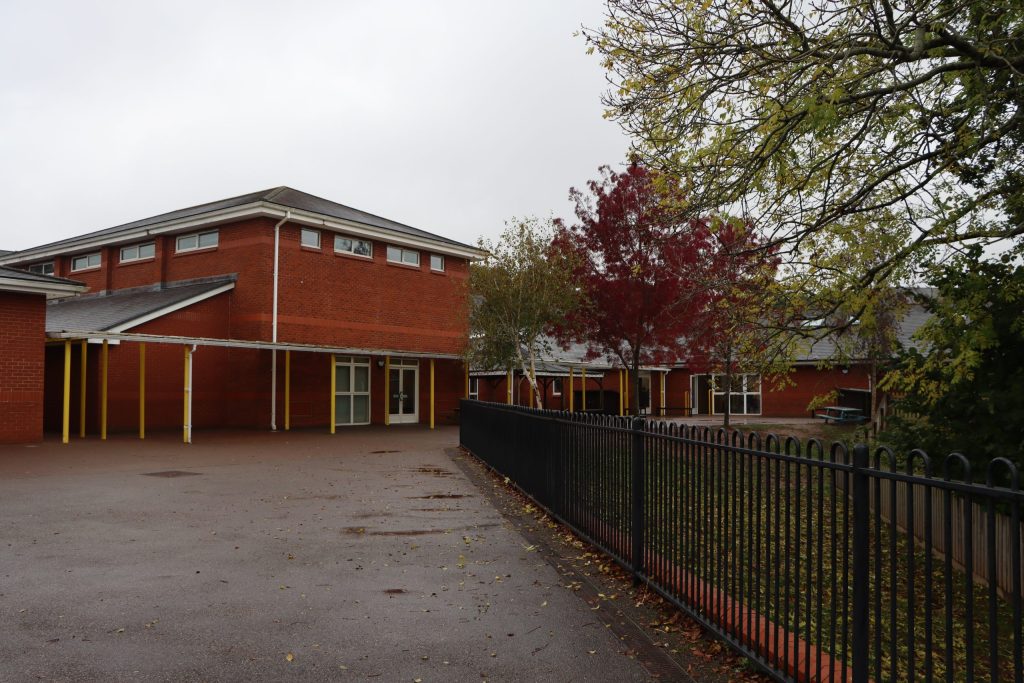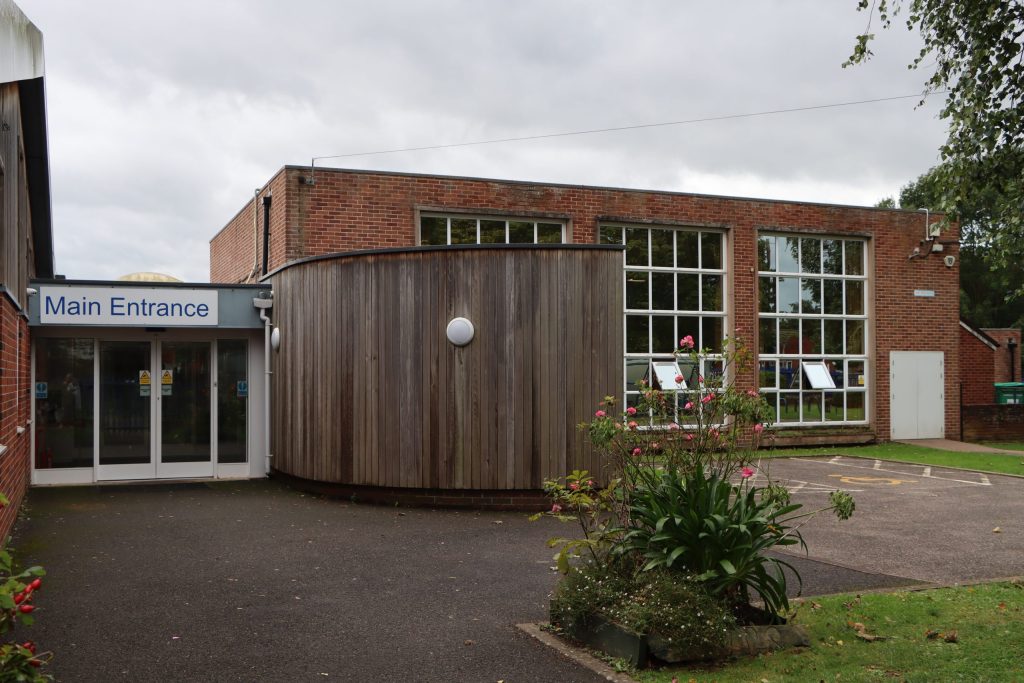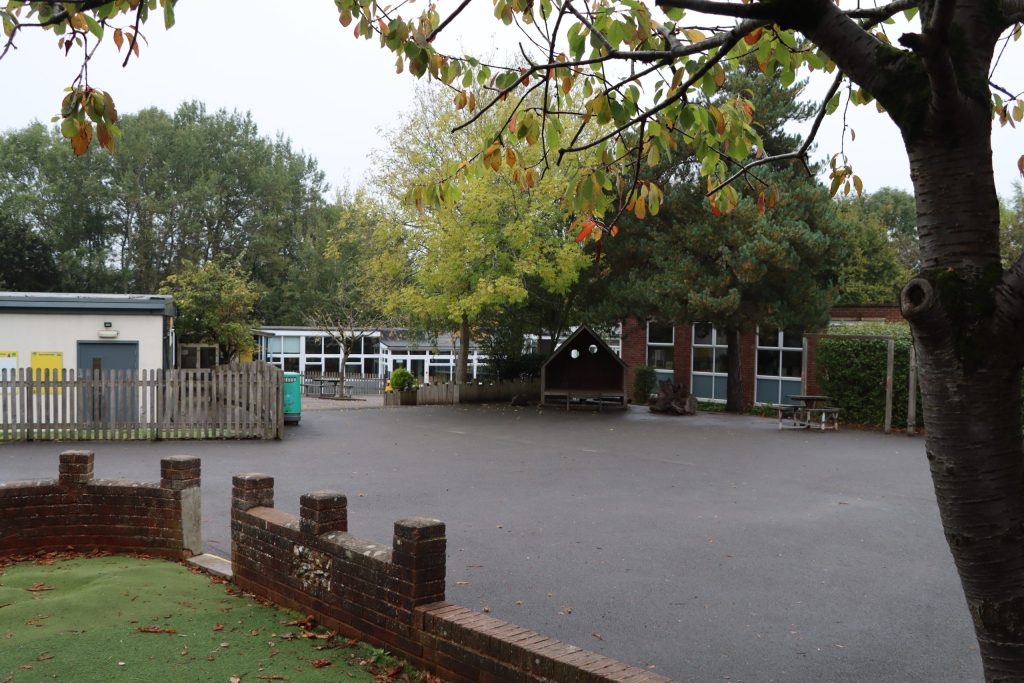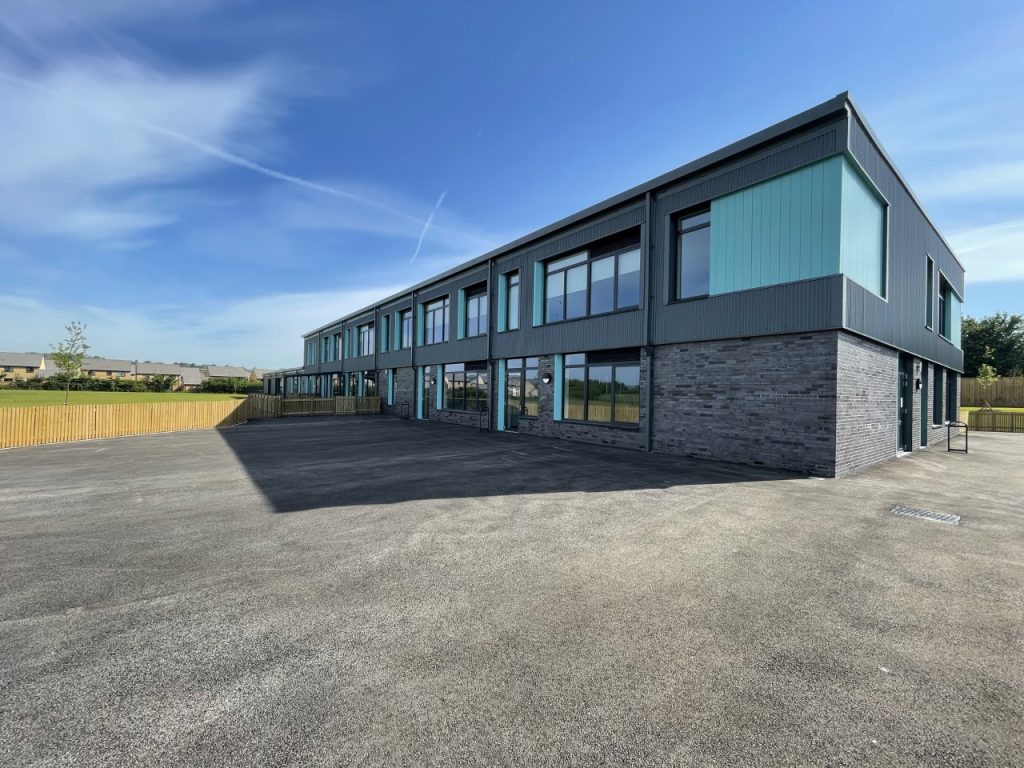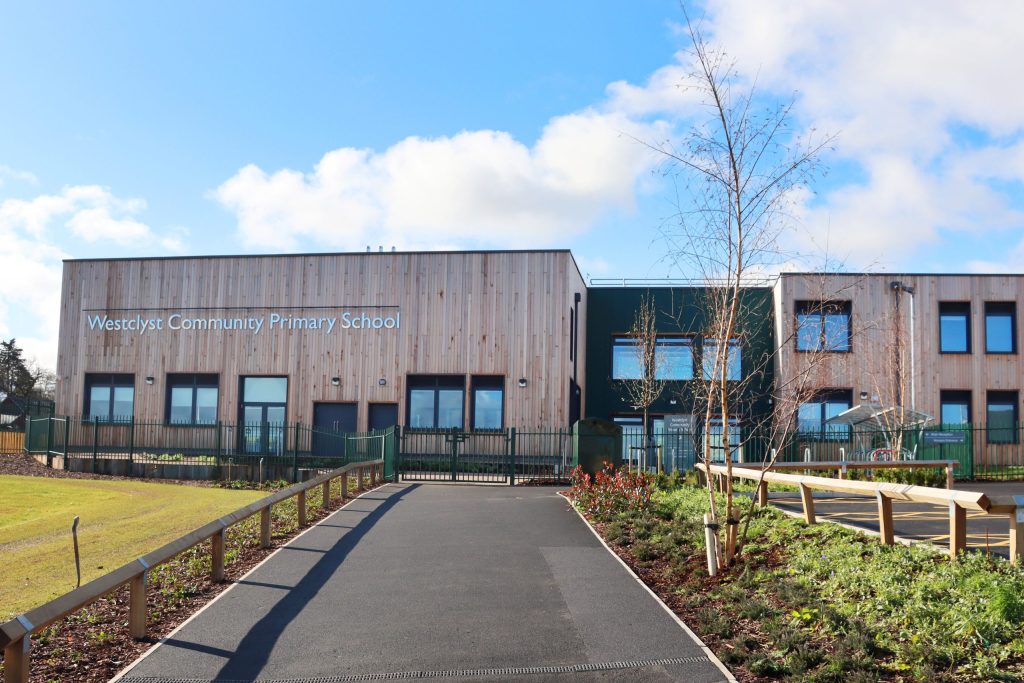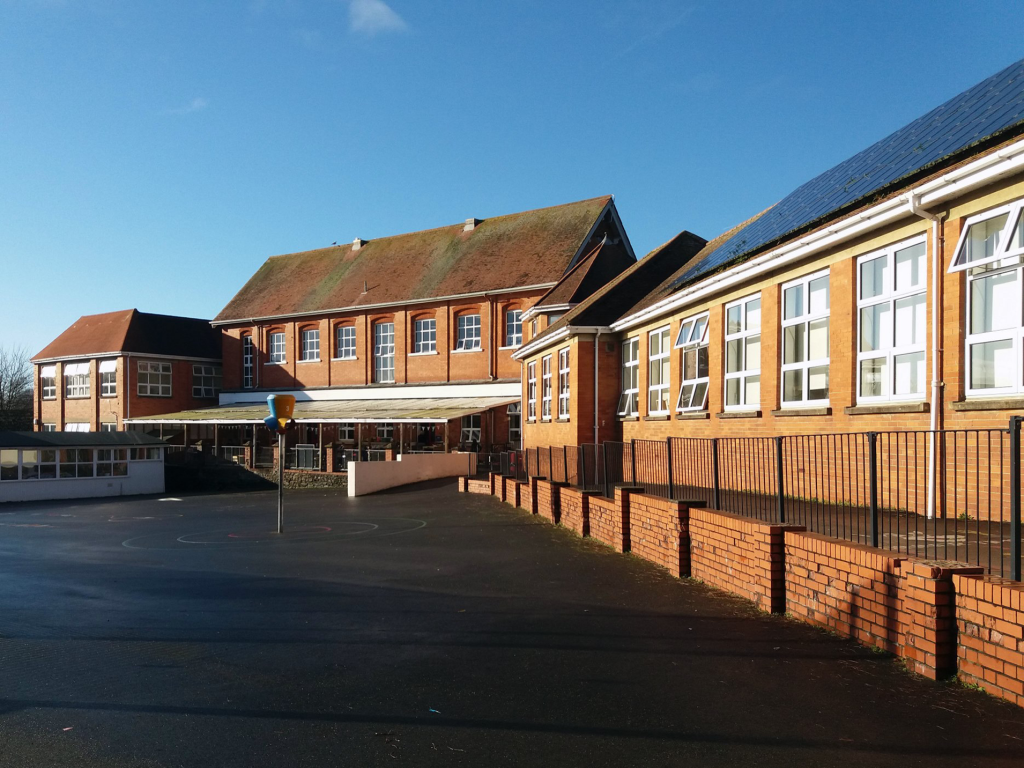Year 3 Curriculum Overview
Year 3 marks a confident start to Key Stage Two, offering a broad and engaging curriculum that deepens core skills and sparks curiosity. In Mathematics, pupils strengthen their understanding of place value and operations, progressing to fractions, geometry, and angles. English lessons focus on developing writing through literary devices, with outcomes including persuasive speeches, instructional texts, and creative postcards. History and Geography explore ancient civilisations and global cultures, while RE encourages reflection on world religions and diversity. Science topics range from nutrition and the human skeleton to volcanoes, forces, and magnetism. Pupils also enjoy music through ukulele lessons delivered by designated teachers. PSHE continues supports emotional development, resilience, and problem-solving, ensuring children grow both academically and personally.
Project Based Learning
Planting, Growing and Harvesting
Ancient Maya
Shadow Puppet Theatre
Planting, Growing and Harvesting: Class Recipe Book & Demos
Children explore healthy eating through poetry, storytelling, and recipe writing. They learn about nutrition and how a balanced diet supports their bodies and minds. Pupils investigate recipe structures and write their own, using persuasive and instructional language. These recipes are trialled in small groups, with cooking demos shared in class. The project links science, literacy, and life skills, and ties into the Harvest Festival. It encourages creativity, teamwork, and practical application. Children reflect on food choices and sustainability. The final recipe book celebrates their learning and culinary creations.
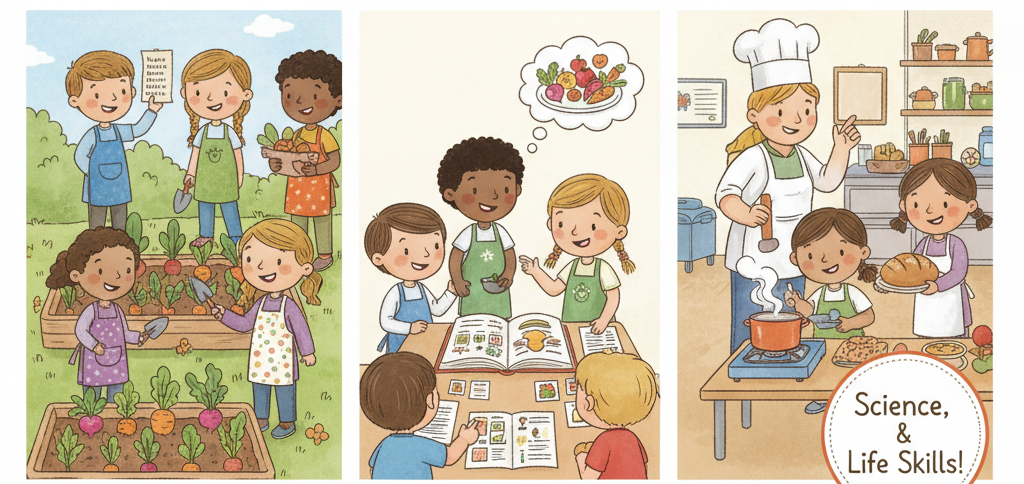
Ancient Maya: Assembly & Parent Presentation
This project immerses children in the culture and history of the Ancient Maya. They explore ceremonies, inventions, and traditional sports, linking these to science learning about muscles and bones. Pupils create persuasive brochures to attract visitors to a fictional Mayan site. They also cook cultural dishes and compare ancient and modern cuisines. The project blends history, geography, science, and design. It builds teamwork, creativity, and presentation skills. Children share their learning through a class assembly and showcase for parents and KS2. The experience fosters pride, confidence, and cultural awareness.
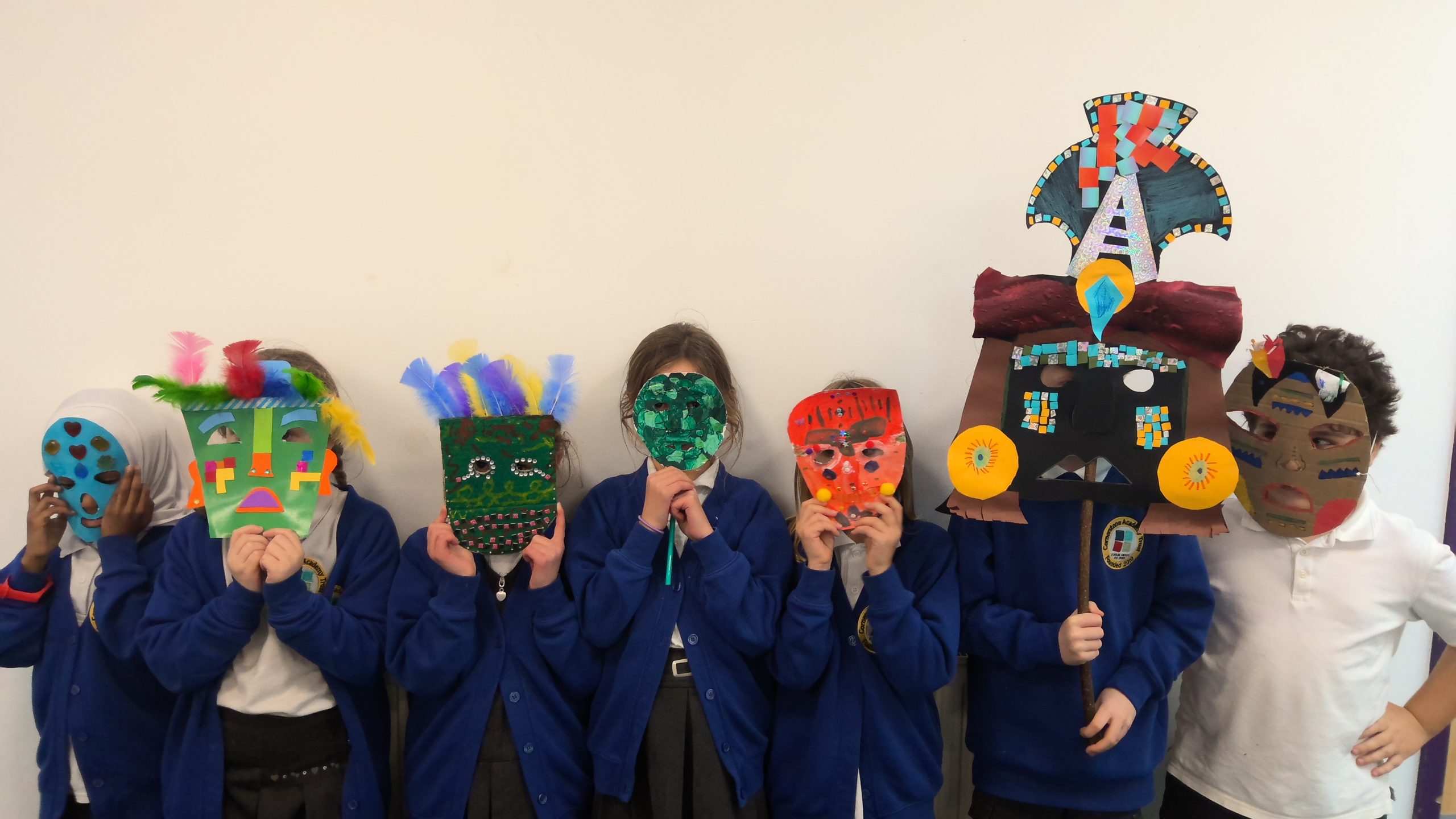
Shadow Puppet Theatre: Escape from Pompeii
Inspired by Escape from Pompeii, children write and perform shadow puppet plays. They begin by exploring the Roman Empire and its impact on Britain. In science, they investigate light, shadows, and materials. These concepts are applied to designing and staging their puppet theatre. Pupils write scripts that dramatise the eruption of Mount Vesuvius. They craft puppets and backdrops, integrating art and design. The final performance showcases historical understanding and scientific application. It’s a creative blend of literacy, history, and STEM.
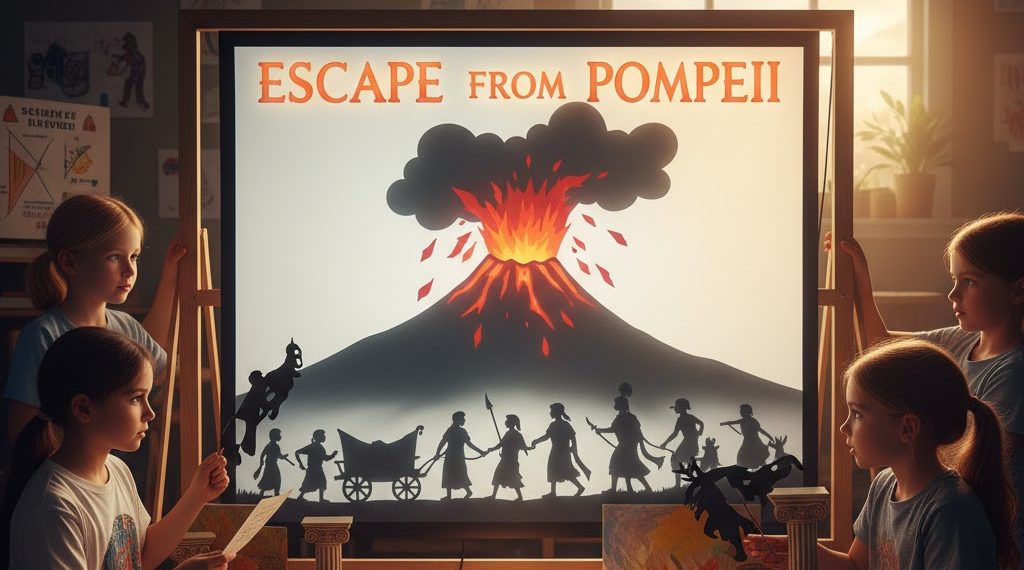
Roman Impact on Devon
Ancient Egypt
Fossil Discovery
Roman Impact on Devon: Speeches at Princesshay
Children study the Roman invasion of Britain, focusing on its local impact in Devon. They write and rehearse battle speeches, poems, and factual presentations. The project builds persuasive writing and public speaking skills. Pupils perform in Princesshay, near Exeter’s Roman walls, connecting learning to real-world heritage. The experience fosters confidence and pride in their work. It also deepens historical understanding through immersive storytelling. Collaboration and rehearsal are key parts of the process. The public performance is a memorable highlight of the year.
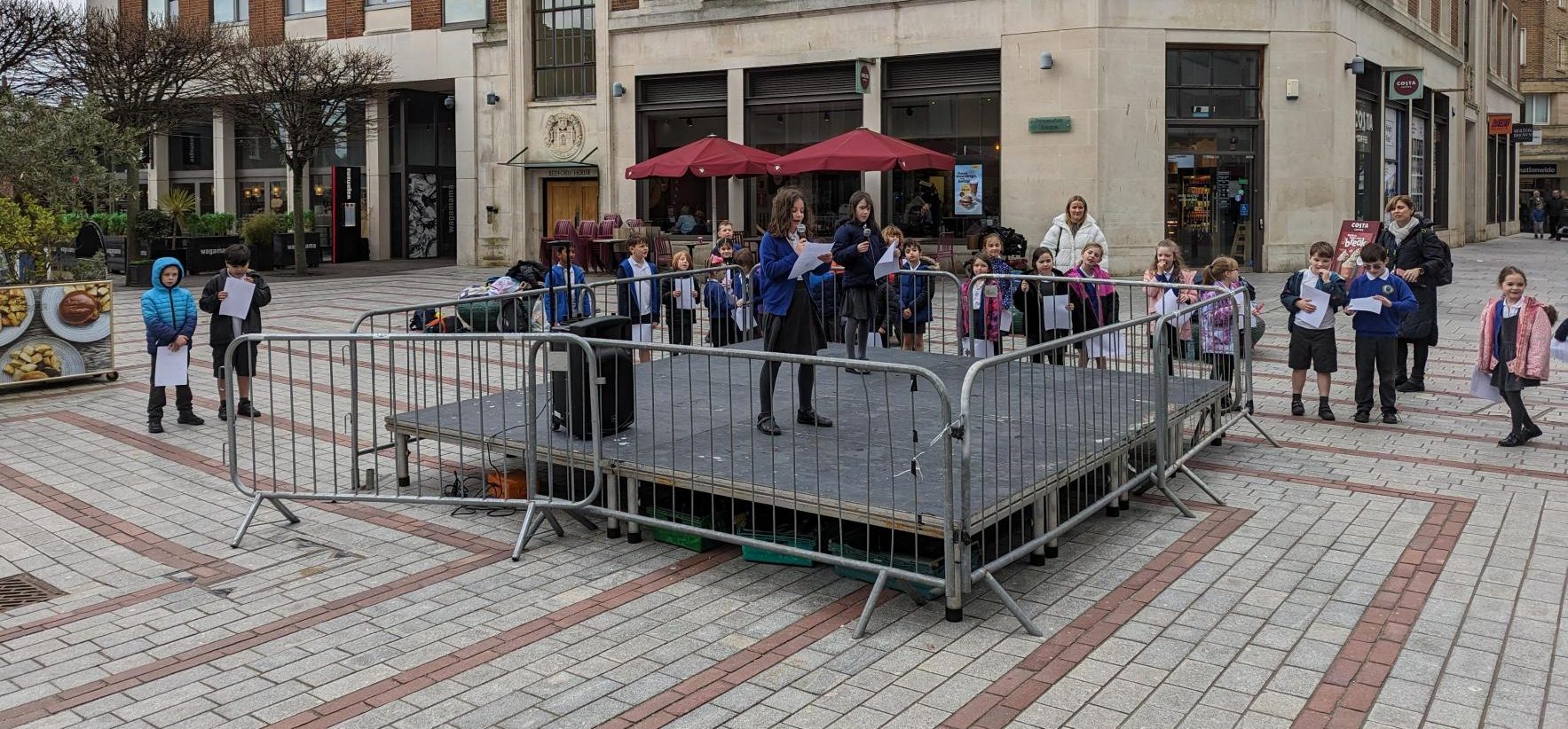
Ancient Egypt: Museum & Artifact Exhibit
Children become curators of their own Egyptian museum exhibit. They research Ancient Egyptian life, beliefs, and artifacts. Pupils explore how historians interpret evidence from the past. They create replicas, write informative texts, and design interactive displays. The project encourages critical thinking and creativity. It includes cross-curricular links to art, literacy, and history. The exhibit is shared with other classes and families. Children take ownership of their learning and proudly present their findings.
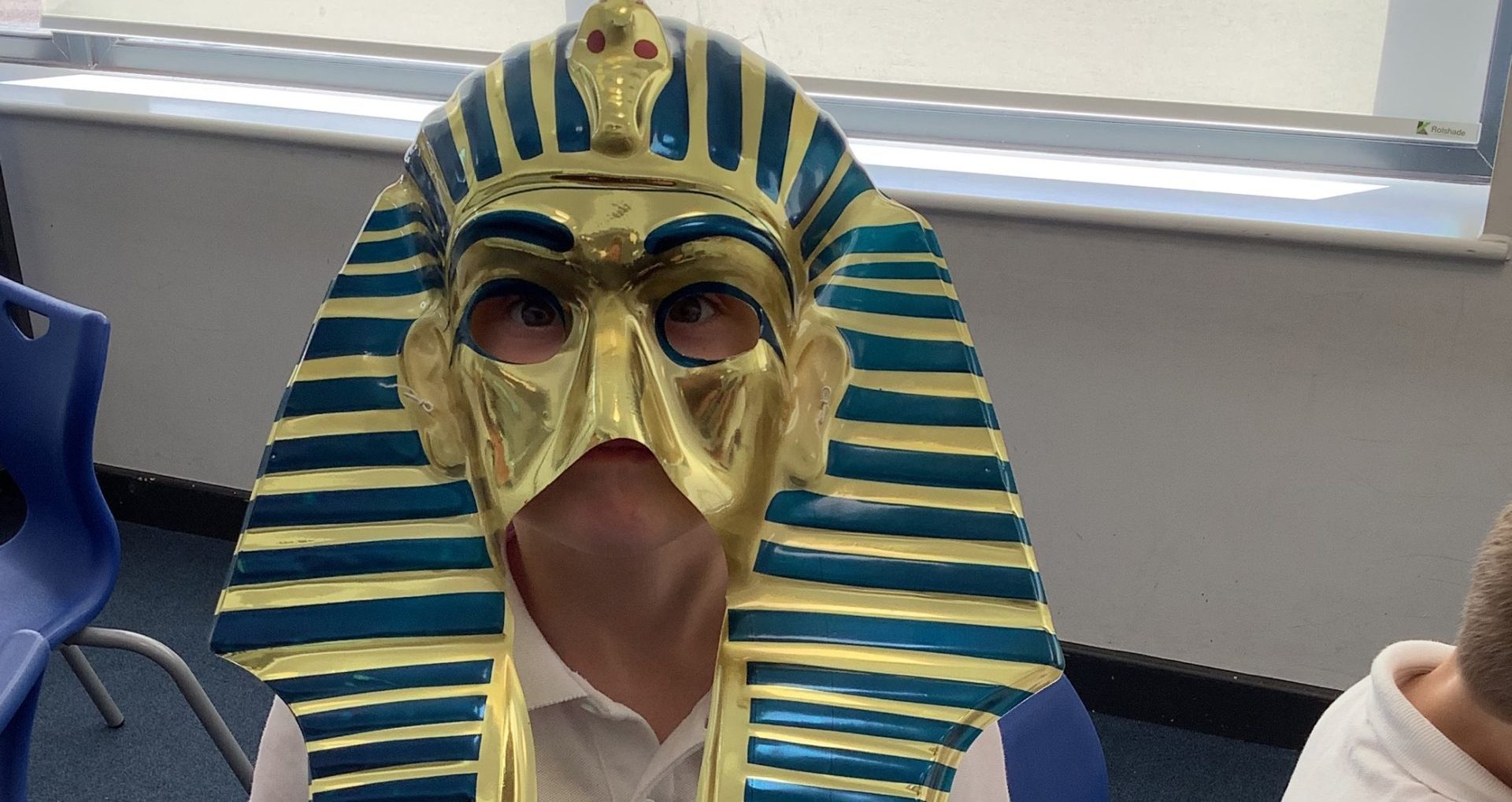
Fossil Discovery: Create a Podcast in the Studio
Children explore rocks and fossils by making their own models and examining real specimens. They write archaeological reports based on their findings. These reports are adapted into podcast scripts, focusing on storytelling and scientific explanation. Pupils record their episodes in the school’s studio, learning how to use audio equipment and structure a podcast. The project blends science, literacy, and media skills. It encourages curiosity, teamwork, and clear communication. Students reflect on how scientists share discoveries with the public. The final podcast series showcases their learning in a fun and accessible format.
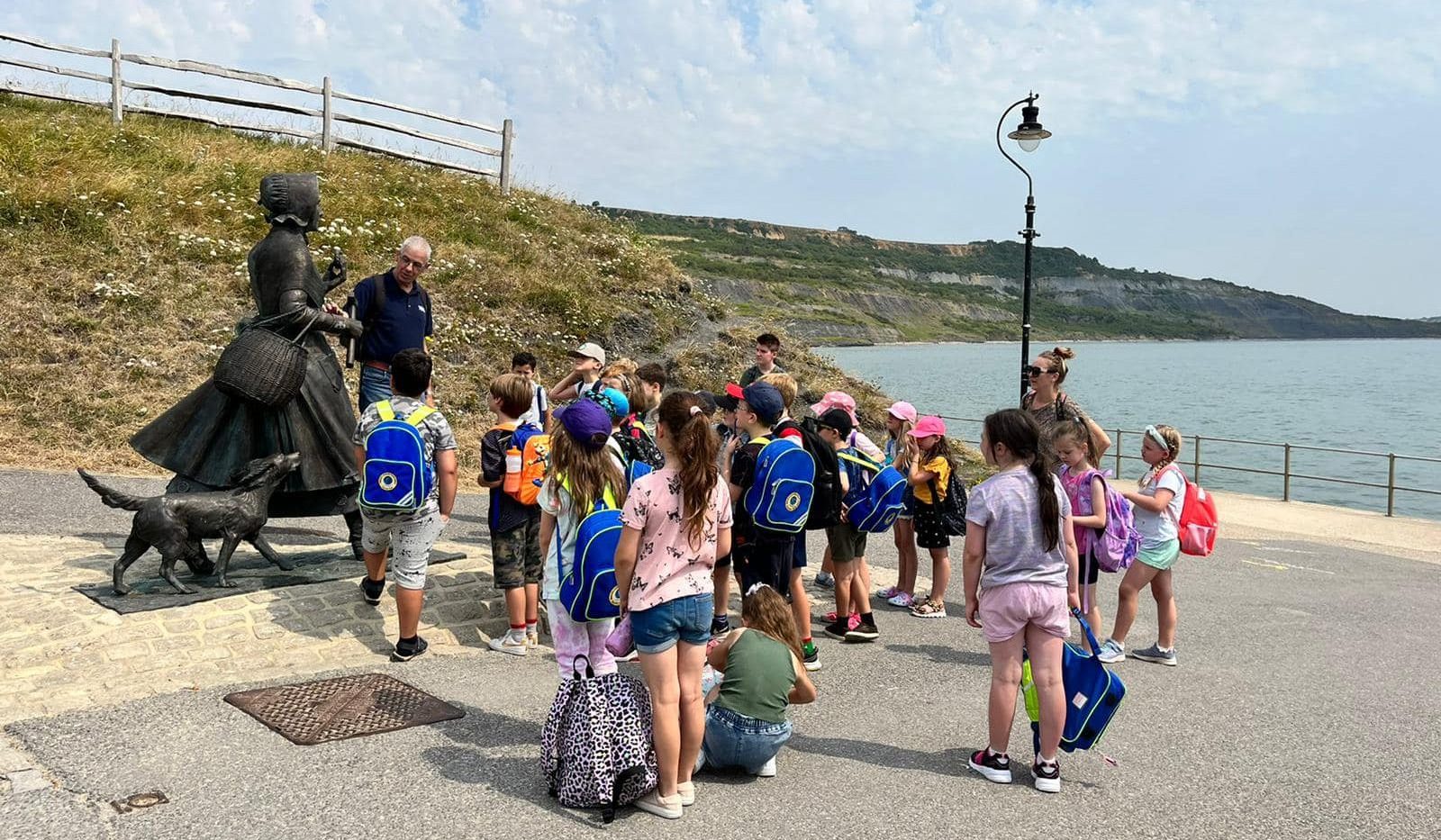
Contact: admin@tcat.education
Phone: 01392 304040
© The Cornerstone Academy Trust 2025



